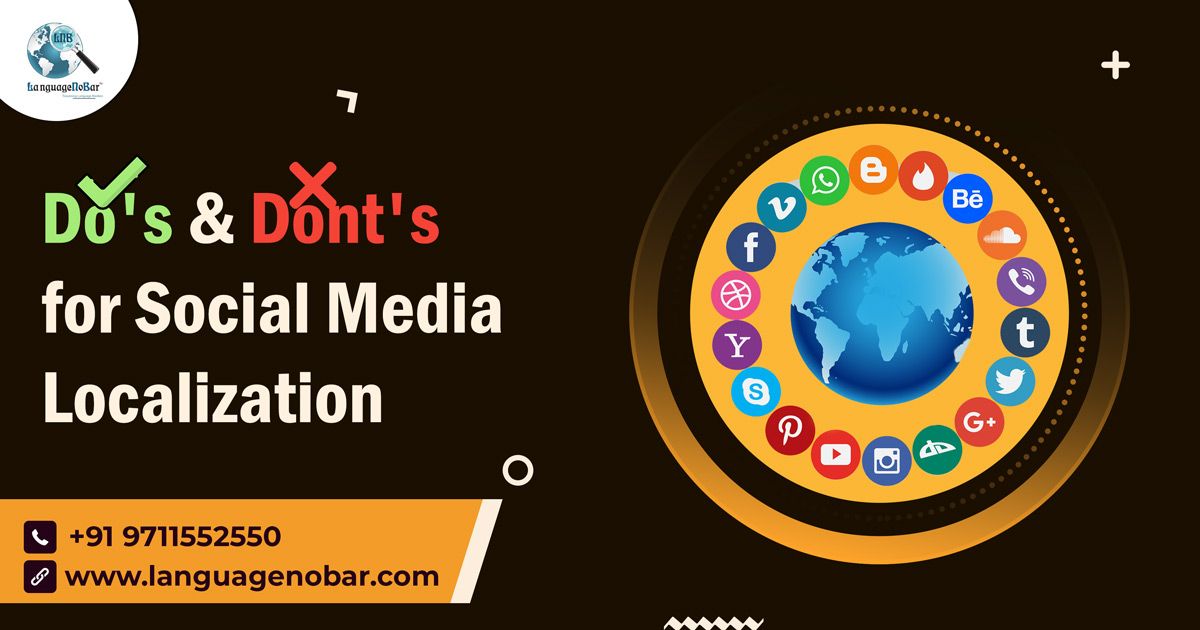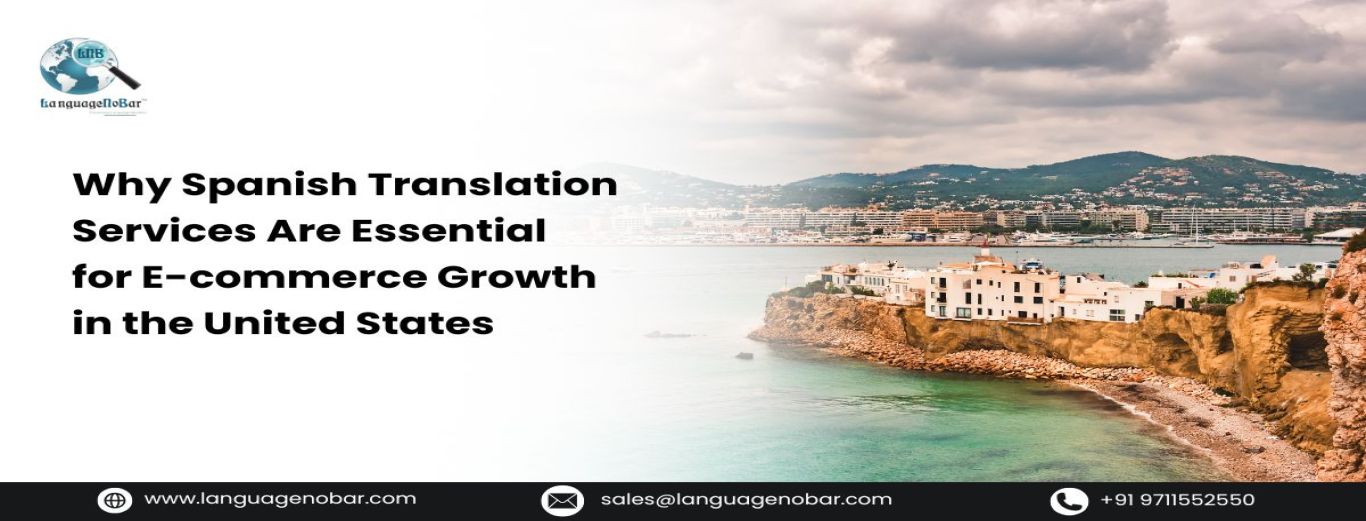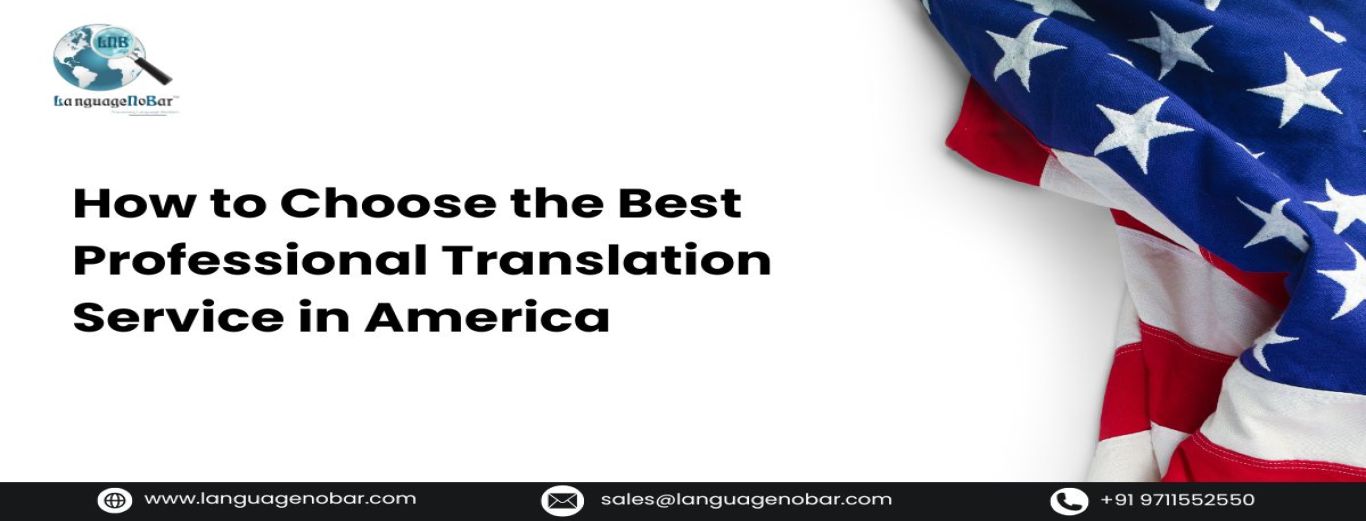SOCIAL MEDIA LOCALIZATION WHAT AND WHAT NOT TO DO
- App Localization Testing Services
- Comments (0)
Your social media presence may be popular in your own country, but that does not ensure it will reach, engage, and motivate customers around the world. This is where social media geolocation comes into play.
Here are some ideas we have gathered for you for making your social media more localized for optimum global impact.
- PLATFORM LOCALIZATION - Many countries impose restrictions on access to various social media platforms within their borders. The most popular ways to socialize online differ from country to country.
To engage potential buyers in China, for example, posting on Twitter, Facebook, and YouTube would fail, no matter how appealing the material. In China, these platforms are restricted. Despite this, China is the world's largest social media market, with users preferring Douyin, WeChat, and Weibo above other prominent social media sites. - LOCALIZATION FOR USERS - Nobody will engage with something that is uninteresting to them. Before you generate any content for the local target audience, do some research on them. Effective Social Media Localization is more than just translation; it is the modification of your content to make it appear as if it were created by and for the target market. This necessitates a grasp of market cultural variations.
Will, what you have to offer pique their interest? Is it something they can afford? What are their shopping habits? What are the 'pain points' for them? What is the market's level of competition? What are their ages?
Remember that in order to produce the type of personalized content that performs best on social media, you must have a thorough understanding of the local market. - LOCALIZE FOR CULTURAL NORMS - If your content is not properly localized, every culture has the ability to react differently to it. Even how a post is viewed can vary, with a succession of photographs being displayed left-to-right in some countries and right-to-left in others, completely affecting the meaning if the same post is used in both.
- LOCALIZE USING INFLUENCERS - Influencers might help you get a better sense of where you are. A recognized, trustworthy face instills trust in a brand among local customers. Inviting relevant and local social media influencers to expose your brand to their audience is a great way to start. This not only draws attention to your company but also gives your consumers the impression that you are a member of their community.
- LOCALIZE FOR LANGUAGE - Text-based social media posts will need to be translated for use in different regions. This can be difficult, though, because most posts are written in an informal language (slang, regional phrasings, local idioms, etc.).
Even when the actual words are changed, effective localization ensures that meaning and impact are preserved. Customers should know the fact that you are thinking about them. We would also advise to undertake professional website translation services alongside, so your customer gets a fully localized feel when he/she visits your website after seeing your social media post. - LOCALIZE FOR APPEARANCE - People, places, and cultural allusions from your target market should be included in images published on social media.
For example - A misplaced national flag in the background, a well-known building from another country, or a car driving on the 'wrong' side of the road can all be tell-tale signs of where you are. - LOCALIZE POP CULTURE REFERENCES - Place Pop Culture References in Their Proper Places. Sports teams, celebrities, and television series, for example, will need to be altered to convey the same argument or provoke the same emotions using more regionally relevant references in social media posts.
- LOCALIZE FOR VOICE TONE - Different civilizations may interpret certain sentiments expressed in social media posts in different ways.
Localization takes into account these various interpretations, reworking the language to accommodate cultural values while maintaining the core of the original post.
TIPS ON WHAT NOT TO DO FOR SOCIAL MEDIA LOCALIZATION -
#1 NEVER USE MACHINE TRANSLATE FOR LOCALIZATION - You risk losing customers' trust if your material looks like it was copied from Google Translate or any other machine translation tool. People do not want to be treated as second-class citizens. Due to this, your target audience will start losing interest in you.
#2 NEVER LET IMPROPER CONTENT WIN - Globally, every culture has different norms and beliefs. For eg - Red denotes aggression and danger in Japan, but it denotes joy and festivity in China. Hence, you need to make sure to localize and put content accordingly, because this might have positive outcomes and negative outcomes for others as well.
LanguageNoBar – a world renowned translation agency is a dependable translation platform that can handle all of your company's translation and localization needs. At LanguageNoBar, we pride ourselves on staying on top of the most cutting-edge translation and localization trends. We can promise you translation and localization services that will help your business succeed, as we have helped a lot of firms with their demanding requirements.
At LanguageNoBar, we recognize that your company's purpose is not only to post information that your target audience understands, but also to engage with them, start a dialogue, and establish a relationship.
Not only must you localize your website, but you must also localize your social media to make an impression in a new foreign market. Localized social media posts can make or destroy an organization's worldwide marketing efforts.
If you are looking for the most effective localization options for your social media efforts, count us in!
Related Blog :
SOCIAL MEDIA TRANSLATIONS - BOOSTING THE OUTREACH
5 TIPS FOR MOBILE APP LOCALIZATION
TRANSLATE YOUR BLOGS TO EXPONENTIALLY RISE YOUR READER BASE







